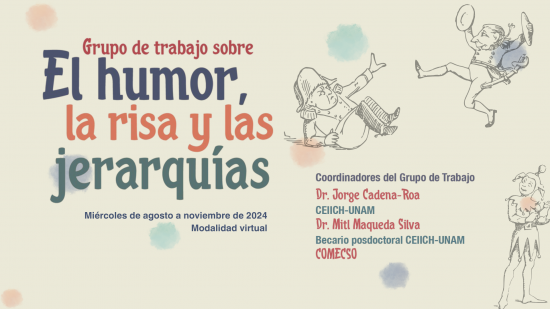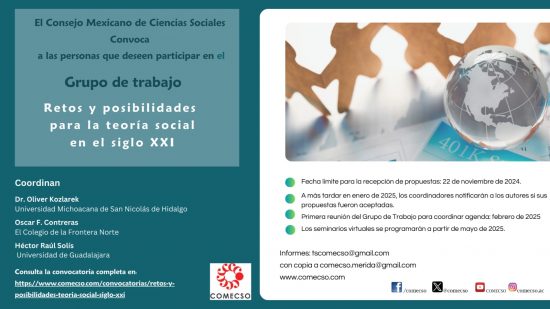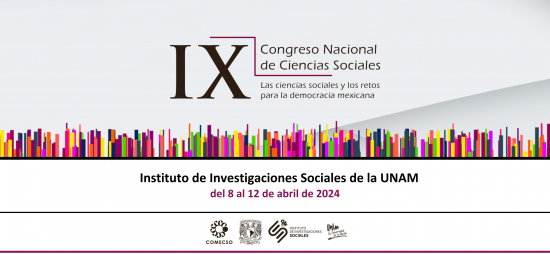Charting the Future of Science
International Science Council
Charting the Future of Science: Reforming scientific publishing for a new era of open knowledge – Contribute your ideas and opinions to the Future of Scientific Publishing discussion papers by 1 March
Geoffrey Boulton, Governing Board member and chair of the Future of Scientific Publishing, presents the new discussion paper, The Case for Reform of Scientific Publishing and invites ISC Members to contribute to the dialogue.
Science, understood inclusively to encompass all forms of knowledge and understanding created through rigorous research and scholarship, is both the greatest intellectual achievement and a defining characteristic of our species homo sapiens. The advancement of knowledge as a global public good has become essential, not just for its intrinsic cultural value, but increasingly as indispensable in identifying and addressing the manifold problems our societies and the planet face and for the opportunities it offers. The existential importance of the modern scientific enterprise requires that the processes by which science is communicated, evaluated, curated and applied be themselves subject to critical evaluation and optimization.
The circulation of published scientific articles carrying insightful claims is fundamental to this purpose, whether it is to advance fundamental knowledge of nature and society, the application of scientific knowledge to global, regional or local problems, or for individual or social cultural or spiritual benefit. It permits claims to be scrutinized and either invalidated or sustained; processes that have made science the most reliable means of acquiring new, reproducible knowledge. Such claims are shared throughout the global scientific community to inform and to stimulate new directions of inquiry. They circulate through global society to satisfy needs for knowledge, to stimulate novel solutions for existing problems, and to create new, unanticipated opportunities. Science is best served when knowledge is openly accessible as a global public good.
Given the vital importance of these processes, the International Science Council has undertaken a rigorous review1 of current practices so as to identify contemporary needs for science publishing and to assess the extent to which the current system serves those needs. The Council’s studies led to development of eight essential principles for modern scientific publication, which were endorsed by over 90% of the membership present at its 2021 General Assembly. The principles are listed in Paper One, The Key Principles for Scientific Publishing accompanied by an analysis of the extent to which they are observed operationally.
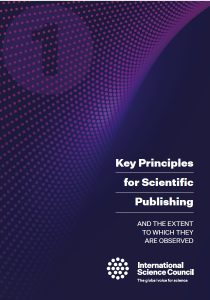 Key Principles for Scientific Publishing
Key Principles for Scientific Publishing
These principles have been developed by International Science Council members as part of the Council’s Future of Publishing project and are a companion piece to “The Case for Reform of Scientific Publishing” paper.
The conclusion of this exercise has been that the current operation of the science publishing system falls far short in the principles that are essential to its effective operation, and that significant reform is needed. This conclusion is all the more important in light of the current global commitment to a new era of open science, in which new forms of openness are believed to be vital in enhancing the trustworthiness and utility of science as an essential human enterprise. The achievement of this open science vision depends fundamentally upon an effective, globally pervasive knowledge network based on the Council’s eight principles.
Paper Two, The case for reform of scientific publishing, identifies many of the failures to observe the principles in Paper One as lying within the commercial sector of scientific publication. It lies not only in so-called predatory publishing, where lax or non-existent editorial standards provide a low barrier to publication, but also in journals that, although they have far higher standards, compromise the essential global distribution of scientific knowledge by excessive prices and profit margins. These high prices are incurred because researchers vie to publish in journals that offer the prestigious bibliometrics used by universities as proxies for scientific excellence. Many learned societies produce such publications, and although profits are re-invested in science, their prices also act to inhibit access.
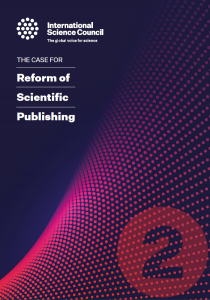 The Case for Reform of Scientific Publishing
The Case for Reform of Scientific Publishing
This discussion paper has been developed by International Science Council as part of the Council’s Future of Publishing project and is a companion piece to the “Key Principles for Scientific Publishing” paper.
The Council regards these issues as fundamental to science and its future. The scientific community and those that fund it currently play very little role in governance of the way that the dominant publications systems operate, even though these are so central to the scientific enterprise. It is vital to avoid private appropriation of new knowledge and the means to exploit it. Such knowledge must be a public good if society is to seize the opportunities and avoid the pitfalls of generative and other AI applications, which will be fundamental to the success of a new era of open science. Any reforms must be both sensitive to the needs of different disciplines and to the interoperability that effective interdisciplinary analysis increasingly needs. Irrespective of the modality of science and scholarship, the ISC believes that its eight principles are applicable to all. If it is to confront these issues and stimulate action, it is important that it has the support of its membership for the fundamental purposes of reform. The ideal outcomes of reform would be systems that support four basic functions:
- funding of publishing that is internationally coordinated in ways that calibrate national financial contributions through indices of capacity to pay, with no charges for authors or readers;
- standards for publication that incorporate the ISC’s eight principles, and standard setting that is accountable to the international scientific community;
- agreement amongst universities to only use articles published in ways that adhere to these standards when evaluating scientific contributions;
- creating a functional record of the complete output of scientific articles as characterized above, making the record of science freely available to all.
These are ambitious objectives, but ones that respond to the needs of the times. We invite the ISC community to contribute their ideas and opinions to the objectives and sense of travel proposed above by completing the short feedback survey on Papers One and Two.
Take action and contribute>>
Te puede interesar

Publicaciones del COMECSO
comecso - Dic 04, 2024Este espacio reúne la gran mayoría de la producción editorial de nuestra asociación. A lo largo de casi cinco décadas,…
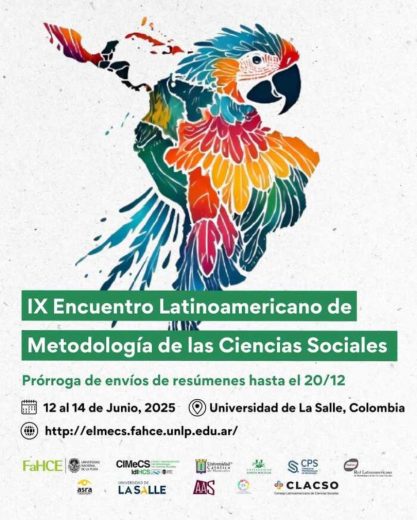
IX Encuentro Latinoamericano de Metodología de las Ciencias Sociales
Laura Gutiérrez - Dic 11, 2024IX Encuentro Latinoamericano de Metodología de las Ciencias Sociales Indisciplinar las ciencias sociales. Transformaciones y resistencias en las fronteras metodológicas…
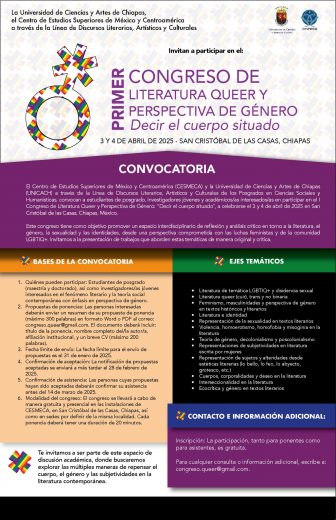
Primer Congreso de Literatura Queer y Perspectivas de Género: “Decir el cuerpo situado”
Laura Gutiérrez - Dic 11, 2024La Universidad de Ciencias y Artes de Chiapas, el Centro de Estudios Superiores de México y Centroamérica a través de…
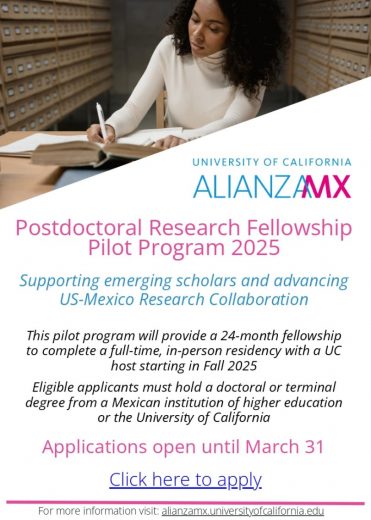
Postdoctoral Research Fellowships
Laura Gutiérrez - Dic 11, 2024University of California Alianza MX Postdoctoral Research Fellowships 2025 Pilot Program Deadline: March 31, 2025 The University of California Alianza…



